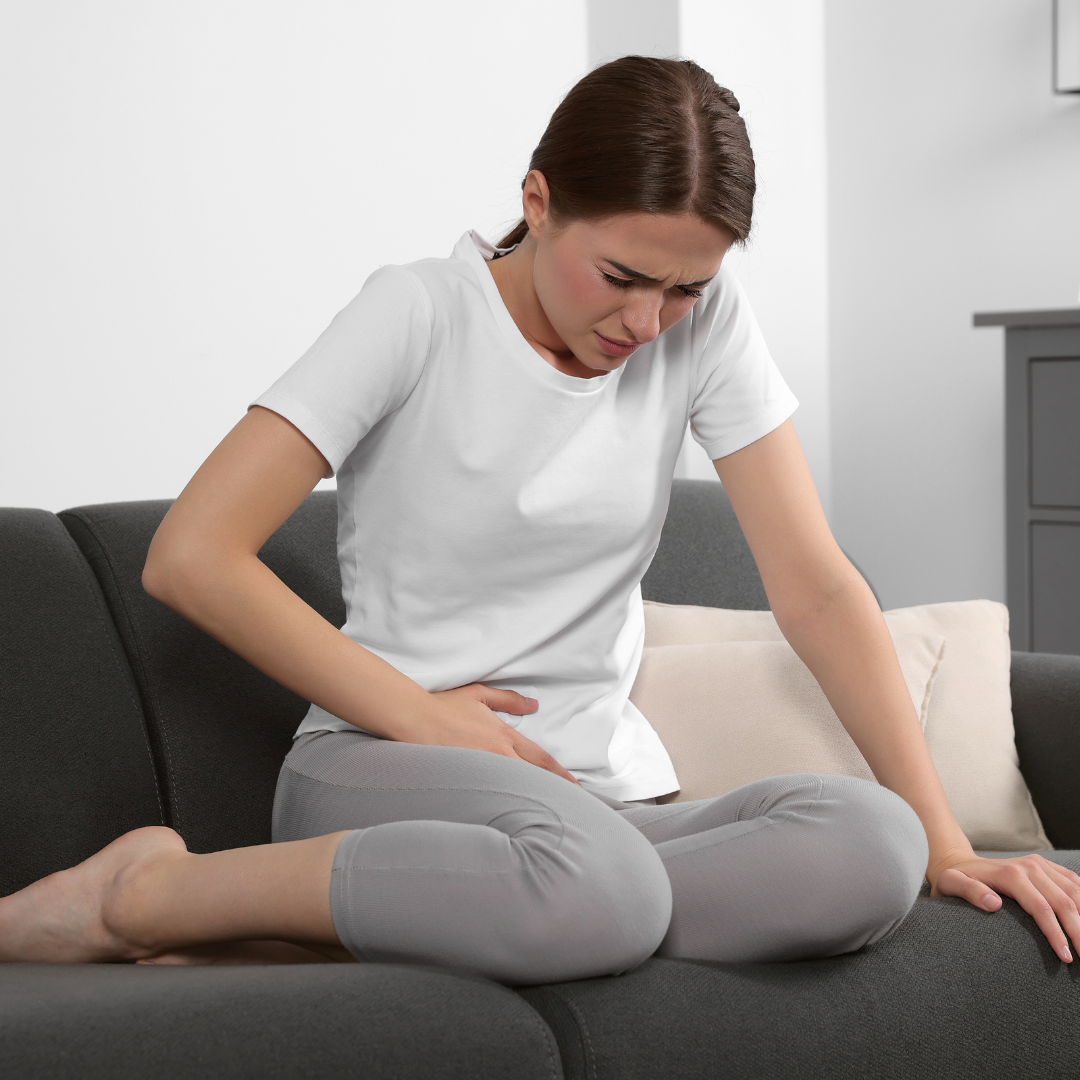Urinary Tract Infection (UTI)
What is a UTI?
Around 50% of women and 5% of men will experience a urinary tract infection in their lifetime.
A UTI could be an infection in your bladder (Cystitis), kidneys (Pyelonephritis), vagina (vaginitis), or urethra (Urethritis). Most UTIs occur in your bladder, known as a lower urinary tract infection or Cystitis.
UTIs aren't serious or life-threatening, but they can be very uncomfortable and sometimes painful.
Speak to your pharmacist about your symptoms, we can help.
Symptoms
- Pain/discomfort/burning when you urinate
- Increased urine frequency and a sudden urge to urinate.
- Hesitancy or difficulty passing urine.
- Feeling incomplete emptying
- Pain or pressure low down in abdomen.
- Smelly urine or urine that looks cloudy.
- Blood in the urine.
- Pain during sex.
- Pain in your back or sides.
- Flu like symptoms - temperature, shivering and chills, aches and tiredness.
- Nausea,
- Confusion and agitation.
Risk Factors
Sex: Women's anatomy makes them more susceptible to urinary tract infections (UTIs) during sexual intercourse. This is because sexual contact can allow bacteria near the vagina to enter the urethra, increasing the risk of UTIs.
Birth control: Using a diaphragm or spermicide for birth control can also raise the risk of UTIs by promoting the growth of bacteria.
Pregnancy: During pregnancy, the growing uterus and extra weight can lead to less efficient drainage of urine from the bladder, increasing the likelihood of UTIs.
Physical changes during midlife: As women age, they may experience physical changes such as thinning of vaginal tissue, pelvic organ prolapse, incontinence, and difficulty emptying the bladder completely.
Hormonal changes after menopause: The decrease in oestrogen levels after menopause causes changes in the urethra and makes the vagina drier and more delicate, making it more susceptible to infections.
Due to the physical changes brought about by ageing and menopause, UTIs are
twice as common in women over 65 years old compared to the general female population.
Prevention
There are ways you can reduce your risk of contracting a UTI, and help yourself recover if you do get an infection:
- Stay Hydrated: Drink plenty of water to prevent concentrated urine and reduce the risk of UTIs.
- Eat Well: Boost your immune system with a diet rich in colourful fruits and vegetables. Avoid sugar, alcohol, and ultra-processed foods.
- Cranberries: While not conclusively proven, some find relief from UTIs with cranberry products. Consider them for prevention, but be mindful of sugar content. Cranberries naturally contain D-mannose - a popular UTI supplement. However, there is no strong evidence to support the healing properties of cranberries.
- Pee After Sex: Especially important for those prone to UTIs, urinate after sexual intercourse to flush out bacteria.
- Genital Hygiene: Establish good hygiene habits, such as wiping front to back, urinating after sex, changing incontinence pads regularly, and keeping the genital area clean and dry.
Treatment
Medical UTI Treatments
Antibiotics: The mainstay for UTI treatment, antibiotics eliminate infection-causing bacteria. Prescribed orally or through IV methods, they may be delayed initially, and hospitalization may be considered if symptoms persist.
Vaginal Cream (Women): Postmenopausal women with recurrent UTIs due to low oestrogen levels may benefit from over-the-counter vaginal creams containing oestrogen, promoting lactobacillus growth.
Alpha Blockers and Cialis (Men): For men with UTIs from an enlarged prostate, alpha-blockers and oral Cialis are recommended to improve bladder emptying and reduce bacterial build-up.
Supplements to treat/prevent
D-mannose: A cranberry-derived sugar, D-mannose supplements may prevent E. coli from causing UTIs. Caution is needed for those with diabetes.
Probiotics: These supplements may help regulate the urinary microbiome, potentially preventing UTIs and speeding up recovery. Ongoing research shows promising results.
Consult a doctor before starting any supplements.
Your health is a priority



